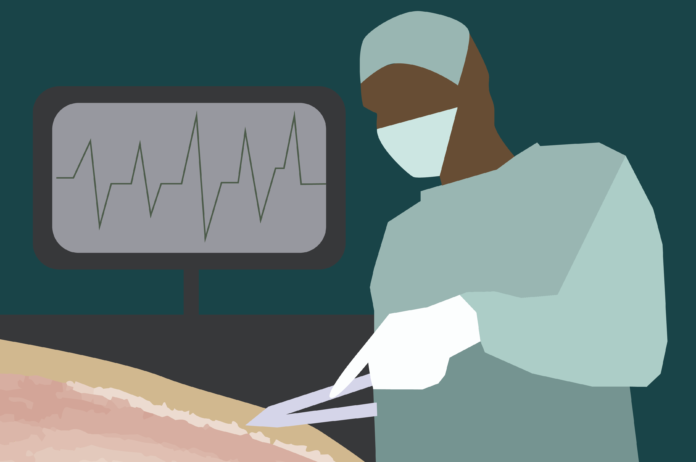Pluralist is an initiative aimed at recognizing the needs of underserved communities in need of life-saving organ transplant surgeries
By BRANDON NGUYEN — science@theaggie.org
According to the U.S. Department of Health & Human Services, Black Americans are almost four times more likely and Latino Americans are 1.3 times more likely to experience kidney failure compared to white Americans. Despite the higher risk, Black and Latino patients on dialysis are less likely to be placed on the kidney transplant waitlist and have a lower likelihood of undergoing transplant surgery.
In an effort to achieve equity in organ transplant distribution, UC Davis Health recently established an initiative called “Pluralist.” By creating a union of holistic visions including patient-centered care, individualized precision medicine and health education awareness, Pluralist aims to reduce the gap in availability of organ donations and access to transplant surgeries regardless of socioeconomic status in California.
Dr. Martin Cadeiras, the medical director for the Advanced Heart Failure, Heart Transplantation and Mechanical Circulatory Support Device Program at UC Davis Health and principal investigator of the Pluralist Program, discussed how the initiative will approach reducing the gap statewide.
“So what we do is we capture information for every zip code in California, and our team will use algorithms to cluster and see how the population is distributed based on socioeconomic standing, health interests, ethnic background and so forth,” Cadeiras said. “These clusters from data sets help us to reach donors differently. We can adapt how we can best reach out to them and by knowing where they are in this categorization approach.”
By leveraging data and artificial intelligence to learn more about the needs of each community in the state, culturally competent health care providers can then tailor interventions and spread awareness appropriately through both social networks and media platforms to increase organ donations.
Dr. David Lubarsky, the CEO of UC Davis Health, explained the overarching goal of an initiative like Pluralist in reducing health care inequality not just in California, but also nationwide.
“UC Davis Health is committed to advancing health equity and improving health outcomes for people in need of a life-saving transplant,” Lubarsky said. “Many members of our historically underserved communities are less likely to be placed on transplant waitlists and have had a lower likelihood of transplantation. This initiative will help identify potential system-wide improvements that would increase organ donations and advance equity in organ donation and transplantation.”
Pluralist plans on scaling its operations, projecting to reach over 22 million California residents within a two-year period with at least 70% of individuals from underserved communities identified by the program.
Dr. Richard Perez, the chief of transplant surgery and medical director for the UC Davis Health Transplant Center, further expanded on the ultimate goals of the initiative.
“To deliver comprehensive care and help our patients achieve their best possible outcome, the Pluralist Program will increase organ donations, improve transplants and enhance the quality of care for transplant patients throughout California,” Perez said.
Pluralist’s efforts to reduce health disparities requires a multi-disciplinary approach, according to Cadeiras. Focus is not just on the medicine side of the health care system, but also data analysis and health care education, which are aspects that Cadeiras foresees as providing medical centers with a new standard of health care.
“We can now, with computer science and with quantitative methods, provide estimates on organ transplant needs of a given population which we had not been able to do before,” Cadeiras said. “The Pluralist Initiative, within the next few years, will provide us with a new standard for health education and awareness that many other health care providers can adopt.”
Written by: Brandon Nguyen — science@theaggie.org









